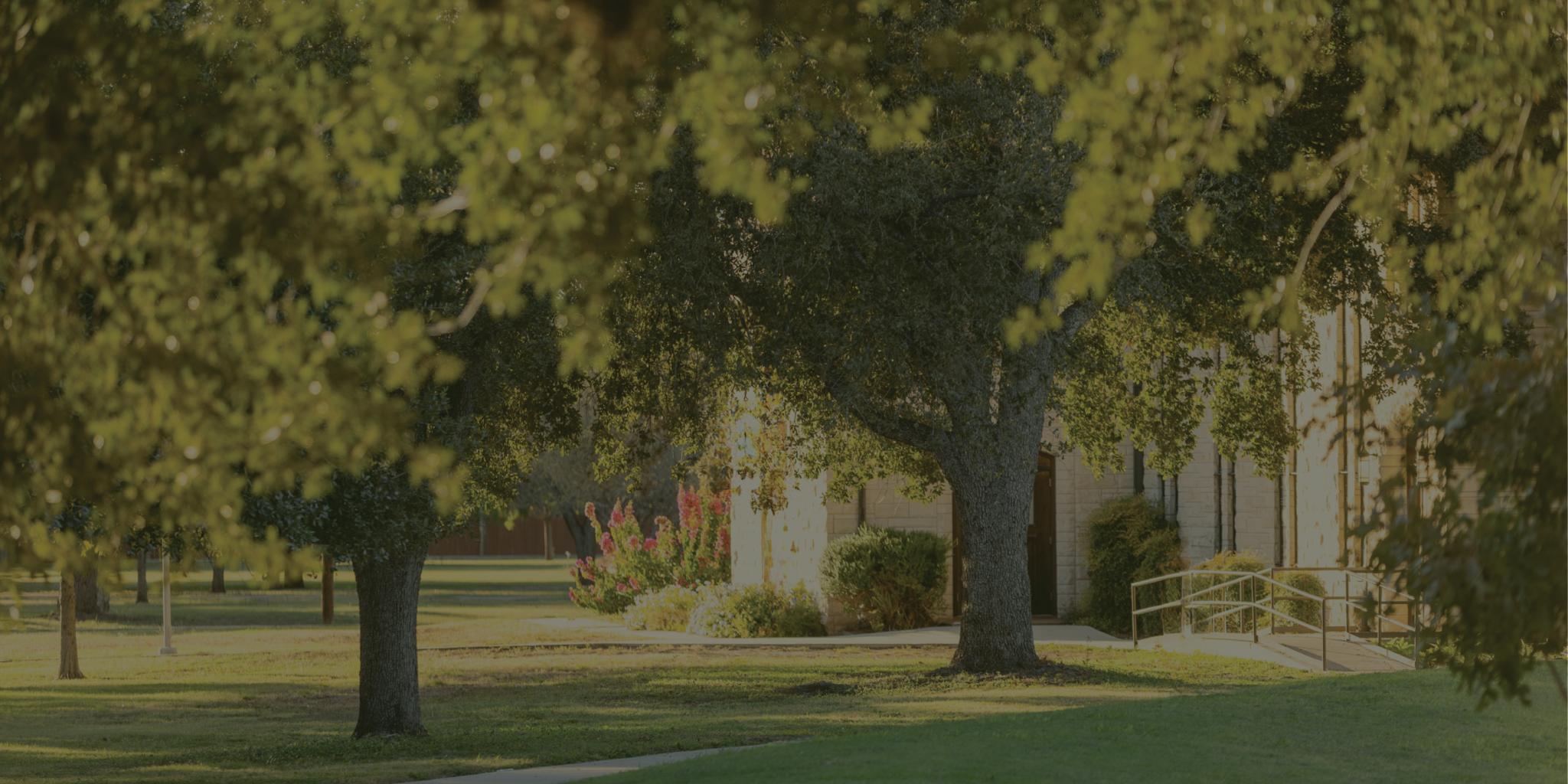Upcoming Webinar
Peace, Conflict, Resolution, and Vocation
Our students always find it challenging to explore and discern their many callings in life, but their work becomes much harder when the news is saturated with reports of domestic and international tension, conflict, and war. How can we support students in this difficult time? In just a few days, NetVUE will present a webinar on Peace, Conflict Resolution, and Vocation.
This one-hour conversation will take place on Tuesday, November 21, at 4:00 p.m. EST. It will include brief presentations by three experts in the field of peace studies and conflict resolution—John Barton (Pepperdine University), Geoffrey Bateman (Regis University), and Jonathan Golden (Drew University)—and will be hosted by Rachel Pickett, NetVUE webinar coordinator. The event is free to anyone at a NetVUE member institution, but participants must register in advance.
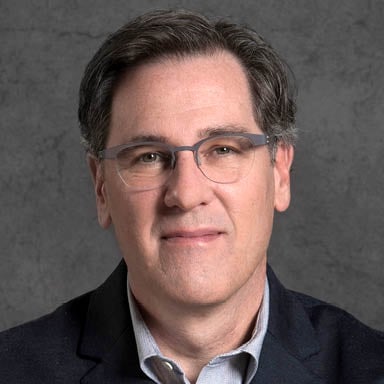


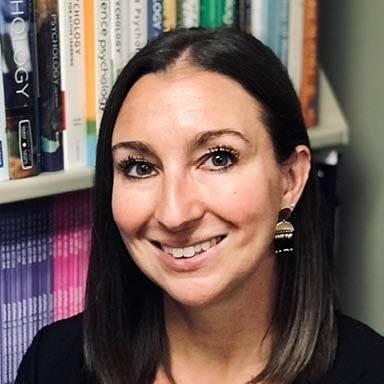
Announcement
Registration Details for the 2024 Conference
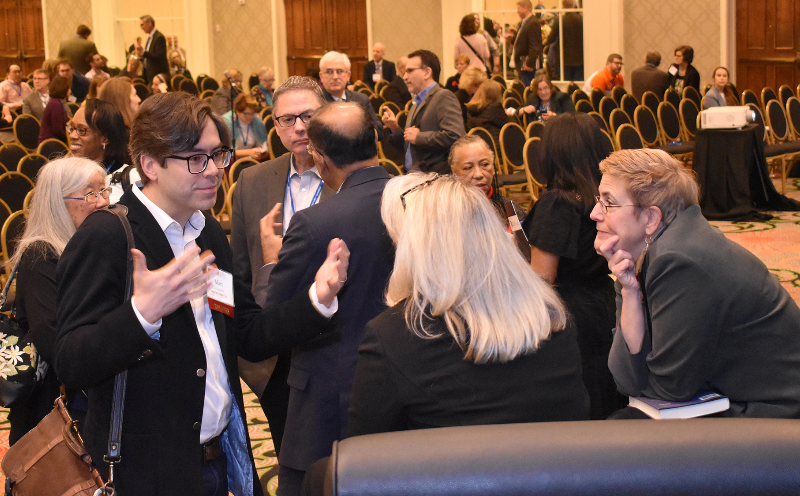
The 2024 NetVUE Conference will take place March 21–23, 2024, at the Atlanta Hilton Downtown in Atlanta, Georgia. The cost for your institution’s first three team members—including registration, food, and lodging—is only $200 each, which represents a subsidy of about $1,000 per person. Up to two additional team members can participate at the regular conference cost.
In preparation for this important event, we hope that you and your colleagues will
- Learn about our plenary speakers and concurrent sessions on the conference website;
- Register your team for the NetVUE Conference; and
- Consider submitting a proposal to present a campus-based session at the event.
Over 100 registrations have already been received, and we hope that yours is one of them! We look forward to seeing your team in Atlanta this spring.
Announcement
NetVUE Scholarly Resources Project – Publication Date!
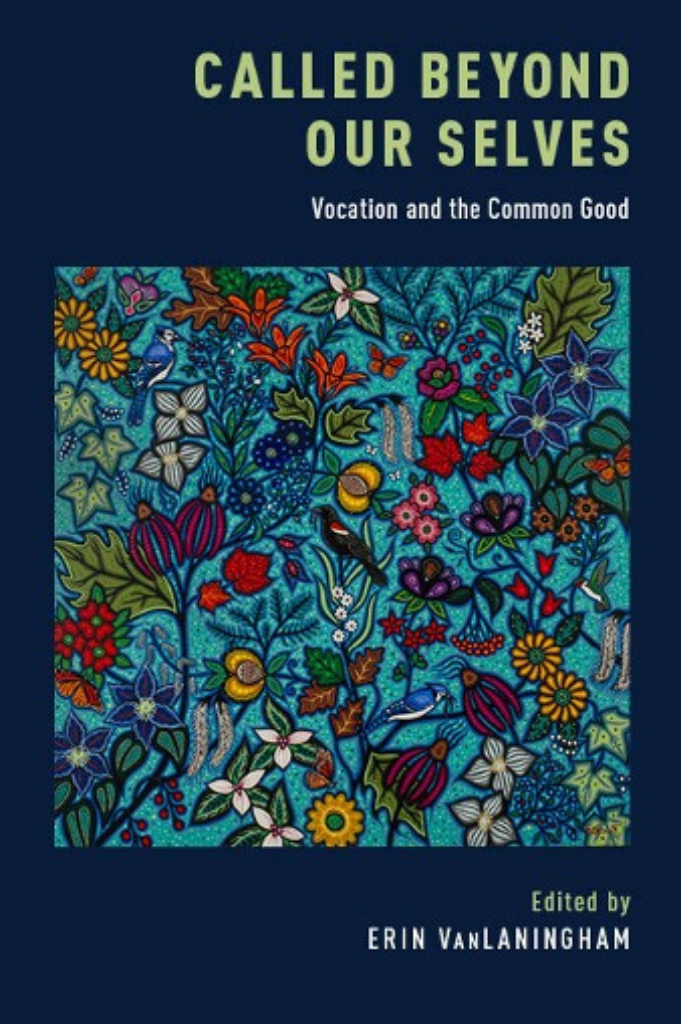
NetVUE is thrilled to announce the publication of the newest volume to emerge from the Scholarly Resources Project. Called Beyond Our Selves: Vocation and the Common Good, edited by Erin VanLaningham, is available now for pre-orders and will be shipped on January 10. This volume situates vocation within the context of the common good and emphasizes the interconnectedness of individual life and communal life. In this meeting place between self and others, we are called beyond our selves.
The contributors propose that when we prioritize the well-being of all, our notions of success and purpose are elevated. They argue that this necessary shift in vocational frameworks allows educators to challenge dominant ways of thinking about vocation, as well as thinking about what is “common” and what is “good.” The volume highlights the importance of justice, compassion, dialogue, and action in our responses to the traumas of personal, historical, and communal life. Throughout, the authors offer pedagogies, models, and practices that orient vocation towards the well-being of the community. Colleges are places to promote the formation of undergraduates for contribution to society; therefore, educators across campus can explore and encourage sustainable practices for building up a common good and addressing the barriers that keep us from achieving it.

To report a technical problem with the website, or to offer suggestions for navigation and content issues, please contact Alex Stephenson, NetVUE communications coordinator, at astephenson@cic.edu.



